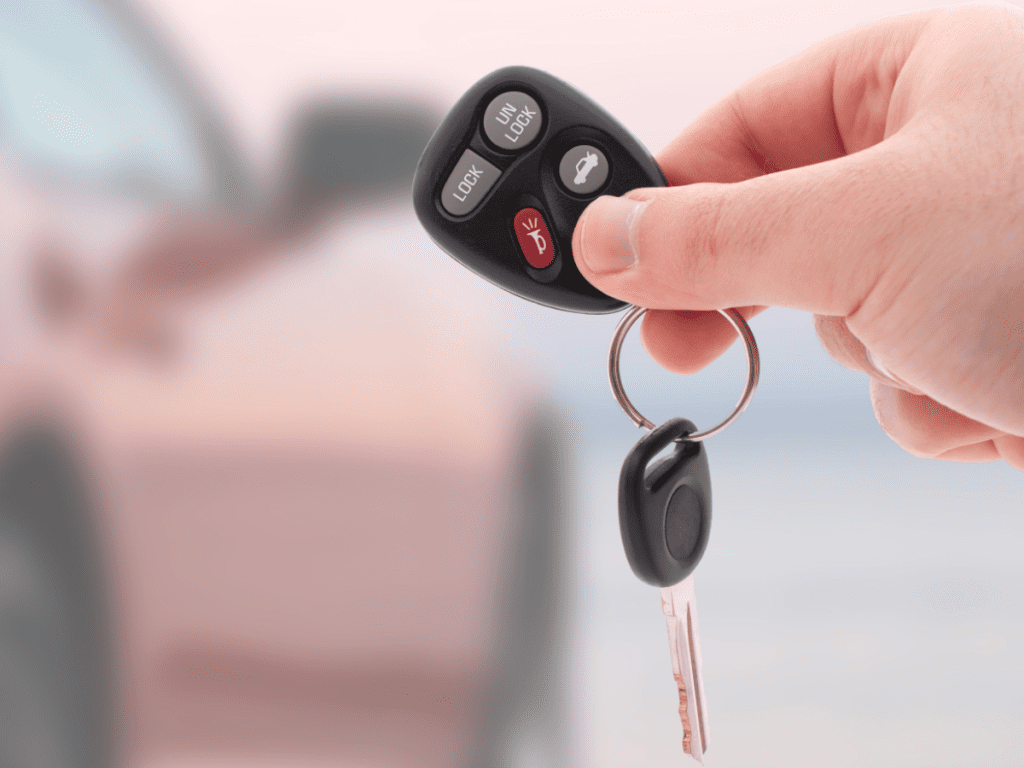Introduction
Getting approved for a car loan with bad credit can seem like an uphill battle, but it is not impossible. With careful planning, strategic steps, and a bit of patience, you can increase your chances of securing financing even with less-than-perfect credit. Below are detailed tips and guidance to help you achieve your goal.
Understand Your Credit Score
Before applying for a car loan, it’s crucial to understand your credit situation. A bad credit score typically falls below 580 on the FICO scale, but different lenders may have varying thresholds. Request a free copy of your credit report from one of the major credit bureaus—Equifax, Experian, or TransUnion—and review it carefully.
Look for errors or inaccuracies that could be dragging down your score. If you find any discrepancies, such as incorrect late payments or accounts that aren’t yours, dispute them immediately. Rectifying these issues can provide a quick boost to your score, improving your chances of loan approval.
Save for a Larger Down Payment
A substantial down payment can offset the risk lenders perceive when dealing with bad credit borrowers. By contributing a larger sum upfront, you reduce the amount you need to finance, which makes the loan less risky for lenders.
A down payment of at least 20% of the car’s value is ideal, but even a smaller amount can make a difference. Saving for a larger down payment also demonstrates financial responsibility, which can work in your favor when negotiating loan terms.
Shop Around for Lenders
Not all lenders are created equal, and some specialize in working with individuals who have poor credit. Research different lending institutions, including banks, credit unions, and online lenders, to find those that cater to borrowers in your credit bracket.
Credit unions, in particular, are known for their more personalized approach and may offer better rates and terms for members with less-than-perfect credit. Online lenders often provide pre-qualification options, allowing you to see potential offers without impacting your credit score.
Get Pre-Approved
Pre-approval gives you a clear idea of how much you can borrow and at what interest rate. It also demonstrates to car dealers that you are a serious buyer with financing already in place. When applying for pre-approval, lenders will assess your income, credit history, and other financial details.
Having pre-approval can save you time and energy during the car-buying process and puts you in a stronger negotiating position. Compare offers from multiple lenders to ensure you’re getting the best possible terms for your situation.
Improve Your Debt-to-Income Ratio
Your debt-to-income (DTI) ratio is another critical factor lenders consider when evaluating your loan application. This ratio measures your monthly debt obligations relative to your income. A high DTI indicates financial strain and may deter lenders.
To improve your DTI, focus on paying down existing debts, such as credit cards or personal loans, before applying for a car loan. Avoid taking on new debt during this time, and consider increasing your income through a side job or other means if possible.
Consider a Co-Signer
A co-signer with good credit can significantly improve your chances of getting approved for a car loan. The co-signer agrees to take responsibility for the loan if you default, reducing the lender’s risk. Their strong credit profile can also help you secure better interest rates and terms.
When asking someone to co-sign, ensure they fully understand the responsibilities involved. Failing to make timely payments could damage their credit score and strain your relationship, so only pursue this option if you are confident in your ability to repay the loan.
Opt for a Less Expensive Car
If you have bad credit, it’s wise to set realistic expectations and aim for a more affordable vehicle. A lower purchase price means a smaller loan amount, which reduces the lender’s risk and increases your chances of approval. It also makes it easier to manage monthly payments, lowering the likelihood of default.
Consider purchasing a used car instead of a new one, as used vehicles are generally more affordable. Just make sure to have the car inspected by a trusted mechanic to ensure it is in good condition and won’t require costly repairs down the line.
Provide Proof of Income
Lenders want assurance that you have the means to repay the loan. Providing proof of a stable income is essential when applying for a car loan with bad credit. Gather documentation such as recent pay stubs, tax returns, or bank statements that demonstrate consistent earnings.
If you’re self-employed or have irregular income, consider providing additional documentation, such as client contracts or a letter from your accountant, to support your application.
Be Prepared to Pay Higher Interest Rates
With bad credit, you’re likely to face higher interest rates, which can significantly increase the total cost of your loan. While this may seem discouraging, it’s important to stay realistic about what you can afford.
Focus on securing a loan with manageable monthly payments, even if the interest rate is higher. You can refinance the loan later if your credit improves, potentially lowering your interest rate and overall costs.
Avoid Subprime Lenders When Possible
Subprime lenders specialize in loans for individuals with poor credit but often charge exorbitant interest rates and fees. While they may seem like an easy solution, the long-term financial burden can outweigh the benefits.
If you must use a subprime lender, read the loan agreement carefully and be aware of hidden fees or unfavorable terms. Exhaust all other options, such as credit unions or family assistance, before resorting to subprime loans.
Build Your Credit Before Applying
If you’re not in urgent need of a car, consider taking time to improve your credit score before applying for a loan. Some quick ways to boost your score include:
- Paying down credit card balances.
- Making all payments on time.
- Avoiding new credit inquiries.
Enroll in credit monitoring services to track your progress and identify areas for improvement. Even a modest increase in your score can lead to better loan terms.
Negotiate Loan Terms
Don’t be afraid to negotiate loan terms with the lender. While you may not have as much leverage as someone with excellent credit, demonstrating a willingness to work within your means and offering a larger down payment can improve your bargaining power.
Discuss options such as reducing the loan term, which may result in higher monthly payments but lower overall interest costs. Be sure to get all agreements in writing to avoid misunderstandings.
Avoid Dealer Financing
Car dealerships often partner with lenders to offer in-house financing, but these loans can come with high interest rates and hidden fees, especially for bad credit borrowers. While it’s convenient to handle financing and purchasing in one place, dealer financing is rarely the best option.
Instead, secure pre-approval from an independent lender before visiting the dealership. This approach not only helps you avoid unfavorable terms but also gives you more control over the buying process.
Be Patient and Persistent
Getting approved for a car loan with bad credit may take time and effort, but persistence pays off. If one lender denies your application, don’t lose hope—try another. Each lender has different criteria, and you may find one more willing to work with you.
Remain patient and focused on improving your financial situation. The steps you take now to build your credit and reduce debt will not only increase your chances of approval but also set you up for long-term financial success.
Final Thoughts
While having bad credit can make the car-buying process more challenging, it’s not an insurmountable obstacle. By understanding your credit situation, saving for a larger down payment, shopping around for lenders, and considering options like co-signers or less expensive vehicles, you can improve your chances of securing a car loan.
Remember to stay realistic about what you can afford and focus on rebuilding your credit over time. With careful planning and determination, you can achieve your goal of owning a car while setting yourself up for better financial opportunities in the future.

